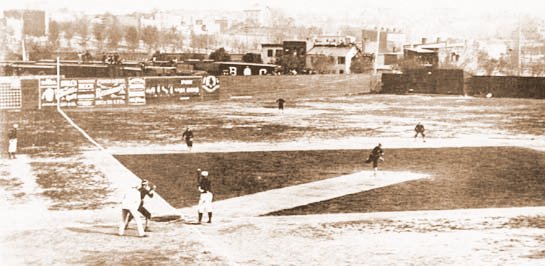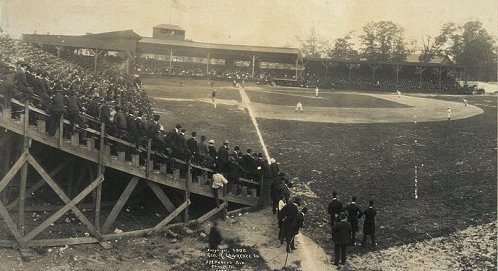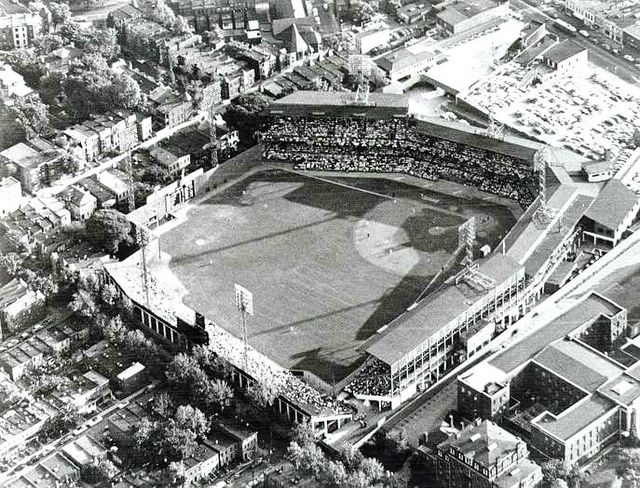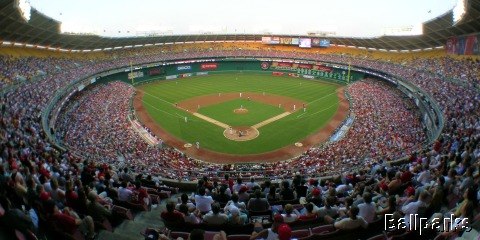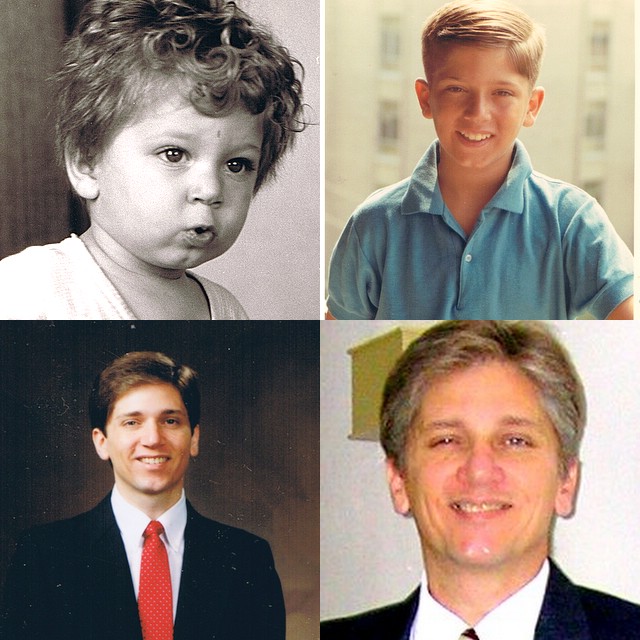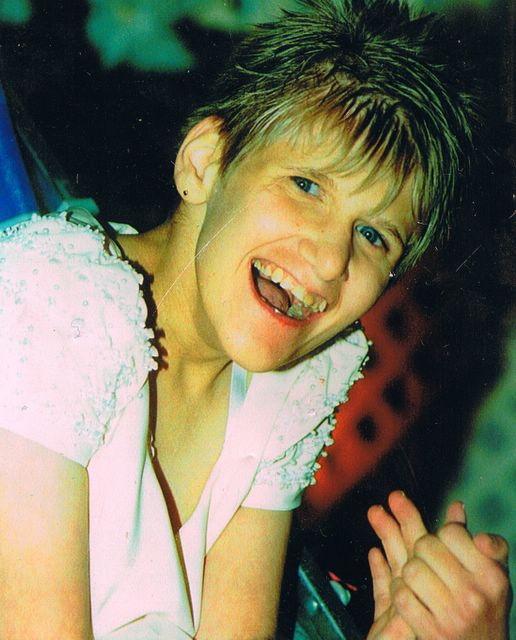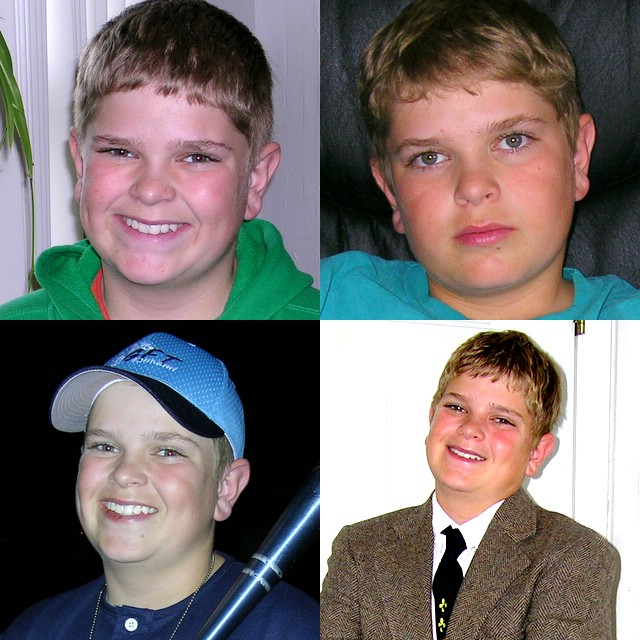THE DEFINITIVE TAKE ON "THE TRADE THAT WASN'T"
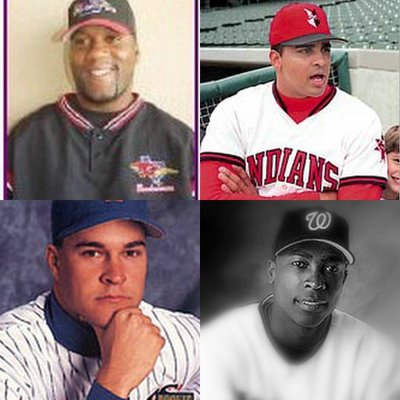 [August 3rd] -- First, the good news. I got an 87% on my biology class and I'm done for the summer. Yay! I now have two weeks of rest and relaxation before doing it all over again this fall.
[August 3rd] -- First, the good news. I got an 87% on my biology class and I'm done for the summer. Yay! I now have two weeks of rest and relaxation before doing it all over again this fall.So, Bowden kept Soriano and everyone is mad. Okay, "riddle me this?" What if, fearful that the Nationals' nation would have risen up and overthrown him, he made one of these unpalatable trades, say for three prospects, that he really didn't want. That would have placated the masses to the point that there would have been no need for cauldrons of boiling oil on the the roof at RFK. But would it have helped the team? I'm guessing that Stan Kasten reminded Bowden of a trade that his GM at Atlanta, John Sheurholtz, made at the trade deadline in 1994. The Padres, ridding themselves of star players with short-term contracts, traded Fred McGriff to the Braves for Donnie Elliot, Vince Moore and Mel Nieves. The Padres' GM got the trade done, got three prospects from a very bountiful Braves farm system, and the Padres' fans said at the time, "Well, they look like solid prospects -- if they all pan out, this will have been a good trade." Of course, none of them panned out. Nieves had a couple of borderline years at the major league level, but all three are today considered busts.
If Jim Bowden believed that the best he could get for Soriano was the 2006 version of Nieves, Elliot and Moore, then why make the deal? Soriano said that he'll give the Nats "first priority" to re-sign him if stays in Washington, and that he'd never sign here in D.C. if he was traded. Sure, it's going to be tough to re-sign him, but I believe that Soriano is an honest man, and that he will give Washington the "right-of-first-refusal," perhaps even with a bit of a home-town discount. If he doesn't re-sign, if he does sign with the Yankees or Angels or who ever, the team will then reap the benefit of a scenario where they have three first round draft picks in 2007. Let's see, two first round picks in '06 and three in '07. Why, I believe that makes a total of five first round picks over a two year period! Isn't that the right way to stock the farm system?
So who do you think would give the Nationals a stronger future in the coming years, three mid-level prospects or two first round draft picks, or perhaps even Alfonso Soriano himself? I would have loved the Nationals to have gotten a handful of "can't miss" prospects for Alfie, but it just couldn't be done; the market wasn't there. Now, we have Soriano in the outfield for the remainder of the year, which will keep the attendance high and the "natives" happy. Keeping him also sends a message to the community: "We're going to try to keep our best players."
The most important message Bowden is sending us is this: "We have a vision of where we're going from here, and making deals for the making deals isn't part of it. We don't need minor league fodder, we need major league talent. We still have Soriano, and he's as "major league" as it gets."
But I am willing to wait.
The answer to why it is infinitely preferable to trade for prospects, even B-level prospects, instead of settling for draft picks is three-fold:
1) Financial - First round draft picks usually expect signing bonuses in excess of $1 million. The top 10 usually get $2-$3 million. Trading for established minor leaguers would have saved us money.
2) Projectability - The transition from AAA or even AAA to the major league level is a substantially smaller jump than the jump from college and (especially) high school to the minor leagues. In high school, high draft picks are making a name for themselves by putting up gaudy numbers against the baseball equivalent of your next-door neighbor. The competition in college is obviously better, but still not nearly at the level of even rookie-league ball. That is why the attrition rate for draftees is so very very high. It is much easier to predict whether a guy who's been in the minors for a few years is likely to make it to the majors and then what he is likely to do there.
3) Quantitative - The Nationals farm system is essentially starting from ground zero. We have little if any quality in the system ready to help out in the show. Farm systems work by evaluating the talent you get as well as possible, but it basically boils down to throwing a bump of stuff at the wall and seeing what sticks. At this point, the Nats farm system is short on stuff to throw at the wall, much less stuff that we think might stick. An infusion of even B-level minor league talent from a Sori deal would have meant that we would have likely seen some major-league ready talent 1-2 years sooner than we are going to see with the extra draft picks. As I explained above, draft picks are crapshoots at best. Albert Pujols was a 13th round pick, for example. Zimmerman's rapid ascent to the majors is nearly unheard oh and is the epitome of the exception proving the rule.
If Kasten somehow find a way to sign Soriano and then he goes on to have a hall of fame career in DC, I'll be happy to eat my words. That said, I think the chances of that happy scenario coming to pass are very very slim.
I think it may be hard to quantify some of those costs, but I think there is some benefit to having a clubhouse leader, on a team that has been kicked around from Montreal to San Juan, with a bumpy landing in DC (I hope none of the team paid attention to the stadium lease imbroglio.)
And I think Tom Boswell has a point. We could trade Soriano for prospects now, after he has been an exemplary player and teammate from the day he took left field in spring training, (after being forced into a position change he didn't want, and run through arbitration) and after he's said he doesn't want to leave Washington and the team has said they definitely don't want him to go. Prospects are less costly and less risky than draft picks, and baseball is a business, after all.
But baseball players are human beings, and as a group, they have very long memories. Boz's question is, what kind of reputation are the Lerner-owned Nationals establishing for player negotiations in the future? This is the first impression current and future players will get, really, and first impressions tend to last a long time.
You can't agree with Jamming Econo ... if you want to agree with him, go to HIS website.
Nah, just kidding.
Mr. Anonymous, my readers are always amazing me. Your knowledge of baseball and articulate nature demand that you have your own blog. The Nats' blog-o-sphere is always looking for newcomers. The pay isn't great but the satisfaction is beyond description.
Thanks for visiting.
Congrats on the successful finish to your class, Farid! Enjoy the summer break.
<< Home










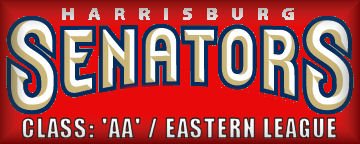
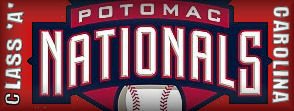

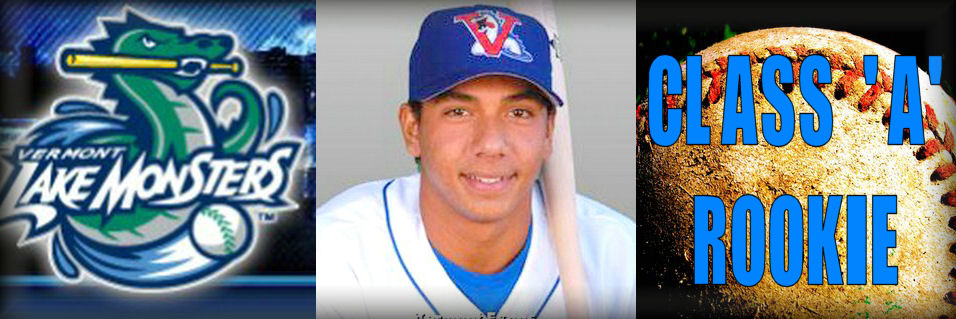











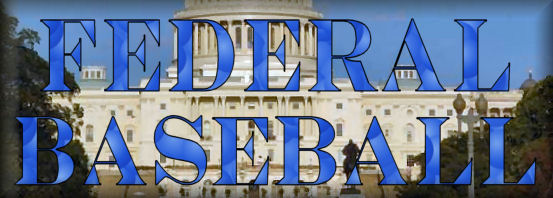



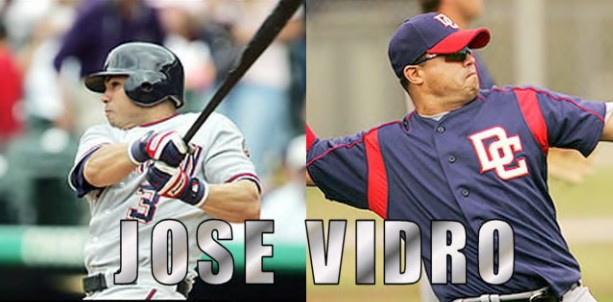




















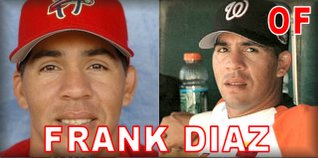

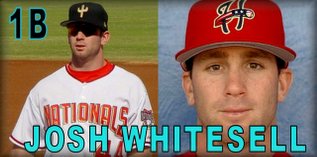
 3) 1926 (road) --- 4) 1936-'37, 1948-'51
3) 1926 (road) --- 4) 1936-'37, 1948-'51 3) 1968 - '71, and 2005 (home) --- 4) 2005 (road)
3) 1968 - '71, and 2005 (home) --- 4) 2005 (road) Buddy Meyer --- Walter Johnson
Buddy Meyer --- Walter Johnson Ed Yost --- Muddy Ruel
Ed Yost --- Muddy Ruel Roger Peckinpaugh --- Joe Cronin
Roger Peckinpaugh --- Joe Cronin Del Unser --- Darold Knowles
Del Unser --- Darold Knowles Ed Stroud - Mike Epstein
Ed Stroud - Mike Epstein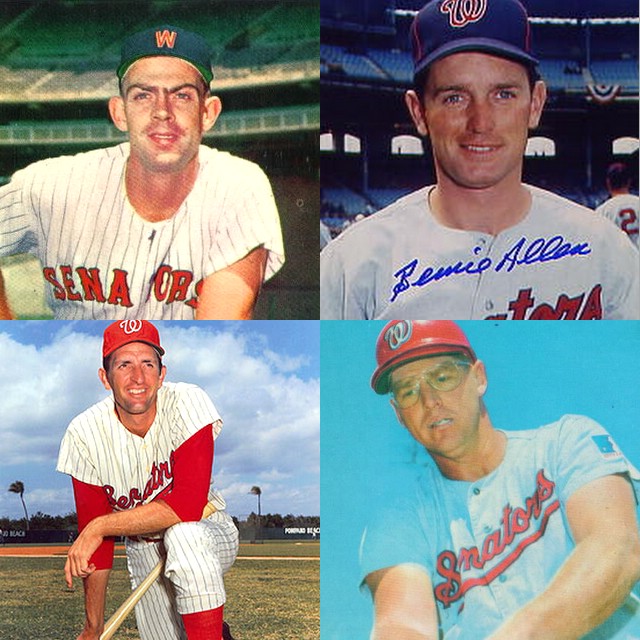 3)1968 -- 4)1969 - 1971
3)1968 -- 4)1969 - 1971